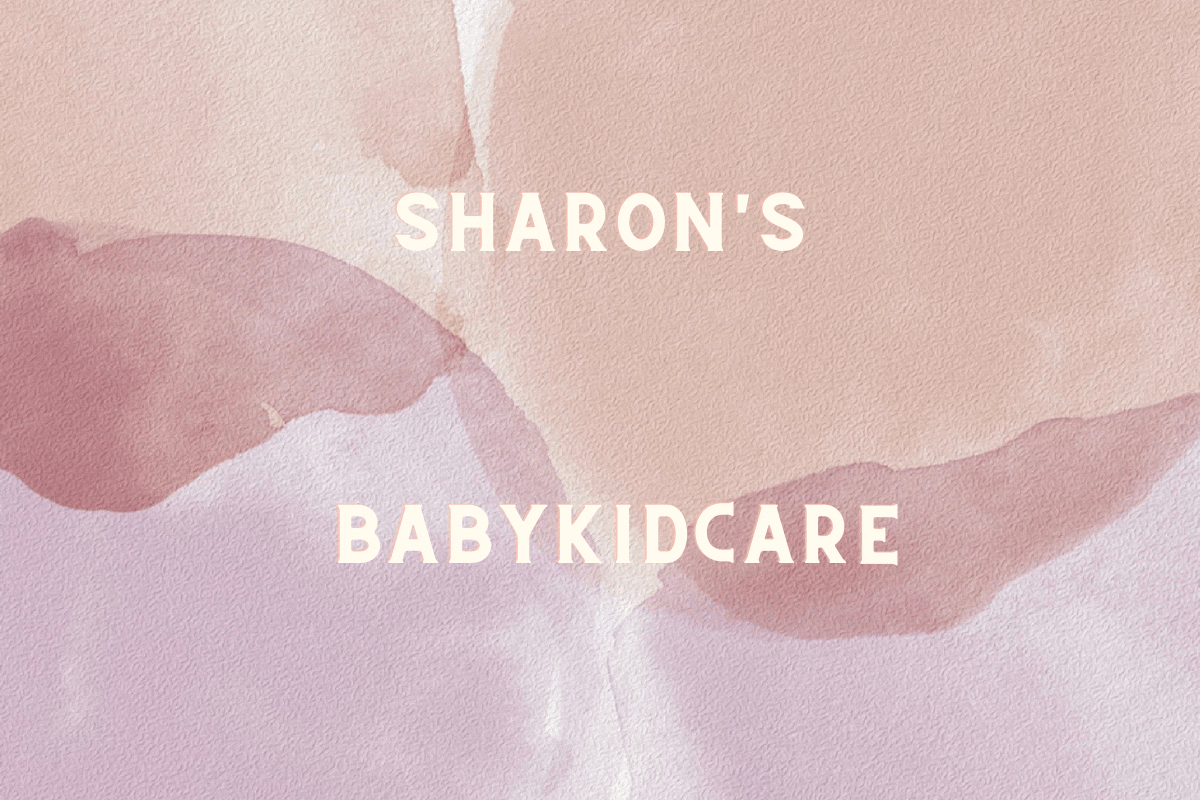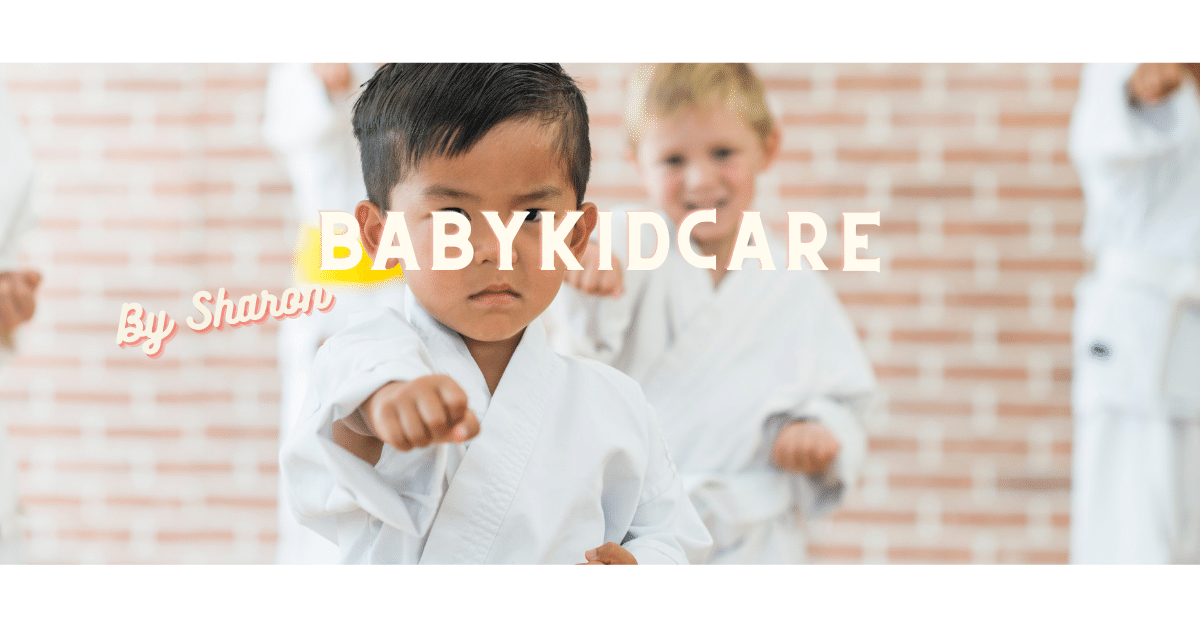Kids need schedules. Scheduled playtime can benefit them mentally and physically. This guide will inform you about the benefits of using a playtime scheduler and how to make one for your kids.
I am Sharon and hopefully my decades of experiences and research will help you along your journey of parenthood.
There are countless benefits of scheduled playtime for your kids. It ensures that they have a balance of both structured and unstructured games. The routine will make them happier and more cooperative. Scheduling your kids’ playtime would make your life easier as well.
Table of Contents
Benefits That a Playtime Scheduler Can Give You
You Can Get Your Kids Into Structured Learning
Learning through games is called structured learning. Structured learning requires kids to follow a set of rules or guidelines to achieve a goal. It can be anything from board games to organized team sports. Piano lessons or language classes can also be a part of structured learning.
Structured learning helps kids learn important life lessons such as following rules, order, and cooperation. You can teach kids new information easily through structured play.
Structured play may sound strict but it’s just regular games where your kids learn something new. These are conducted by a guide who lays out the terms of the game. Instead of teaching from books, you can easily teach children through structured learning.
You Can Set Time for Playing Indoors and Outdoors.
It is hard to make kids move outdoors and away from their devices. Kids have become very technology-dependent and spend hours in front of screens. It is important to use a playtime scheduler to incorporate both indoor and outdoor playtime.
You can plan safe outdoor activities such as playing ball, observing bugs, and more. You can also take them to the playground.
This does not mean you should deprive your kids of indoor games. Getting acquainted with technology is just as important today as playing outside. With a playtime scheduler, you can balance these two types of play.
You Can Mix Structured and Unstructured Playtime
A balanced, structured, and free play schedule is necessary for kids. Structured play is guided and free play is where the child acts as their own guide. It is important to have a balance between the two so your child can develop properly.
Structured play can develop gross motor functions and teach new skills. Language, holding colored pencils, painting, playing instruments, singing and dancing are all part of structured learning. Social skills such as taking turns and cooperation can be learned through structured play.
Unstructured playtime is important to boost creativity and problem-solving abilities in kids. During unstructured play, kids can create their own games that emphasize independence and social interaction. The skills that your child learns in structured learning are also implemented during free play. For example, if your kid learns to play football in structured learning, you can see them use the rules in other ball games.
Kids Feel Comfortable With Tasks
Kids are active individuals who are curious by nature. They like to explore and learn about the world around them. Keeping them busy with tasks that feed their curiosity and help them learn new things could be a great way to promote healthy development.
It is important for kids to get opportunities to be energetic and exercise. Otherwise, they become restless and hyperactive. Scheduled tasks can guide them to have a comfortable playtime where they can be active without stress.
You should use a playtime scheduler to incorporate tasks that will keep your kids busy. It is important to differentiate between routine and schedule. Include tasks in the schedule and use a routine to complete the tasks.
You can also schedule small chores for your kids using the scheduler. Chores such as organizing their toys and books can teach important life skills.
They Get More Aware of What Will Happen Next
Kids prefer schedules and routines. Knowing what will happen at which time makes them feel more comfortable. It boosts confidence and helps them regulate their life.
Knowing the time to sleep, eat, and play ensures toddlers of stability in their life. Otherwise, they get overwhelmed by so many things going on around them. This feeling of overwhelm can disrupt their learning and emotional stability. They may become cranky and uncooperative.
Having a playtime scheduler can make toddlers more emotionally stable.
Scheduling will also make handling your toddlers easier. They will eat, play, and sleep at their intended times without putting up a fight. Consistency in routines prepares them mentally to transition to the next task easily.
Scheduling Makes Young Kids More Patient
Kids who follow schedules are more patient and flexible with their routines. Just as we find changes stressful, kids do too. Changing their school, day care, or home can make them cranky and prone to meltdowns. Scheduled activities have been shown to significantly reduce the likelihood of meltdowns.
Scheduling can also make kids more flexible. For example, a toddler who is used to going to bed at a definite time every night will likely not mind spending an extra hour awake due to some emergency.
Kids also handle stress better if they are used to schedules. For example, if your kids know that they can start playing the moment you come back from work then they’ll likely wait patiently for an hour or two if you are late.
Structured Play vs Free Play
Schedule Structured Playtime After Breakfast
You can include structured playtime during the free time after breakfast. Morning is a productive time for kids to learn. If your toddler isn’t going to school, then structured playtime would be a fantastic way to teach them something while having fun.
Create an Outdoors and Indoors Exercise Routine
It is important to balance indoor and outdoor exercises. However, you cannot exclude screen time from your kids routine completely. Instead, make sure they are watching educational shows.
Include outdoor activities during the afternoon at a park or playground at least every other day of the week.
You should include both structured and free play during the indoor and outdoor exercises.
Create a Free Play Schedule Before Dinner
Free play improves creativity and self-reliance in your kid. This makes them feel happy and confident. Including free play time can allow your kid to do everything they wanted during the day but couldn’t. They will then be satisfied and go to bed comfortably.
Allocate an Amount of Time for Each Playtime
You should allocate a specific amount of time for each playtime. Make sure the transition from one game to another is smooth. Timing the games will teach your child to follow the schedule. Specific timing will also enable you to include a variety of games to keep the kids busy.
Keep the Schedule Flexible
You can’t expect to have the schedule work out for you right at the start. There are bound to be some difficulties. Don’t get stressed out if a schedule doesn’t work out for you or if your kid doesn’t like doing an activity.
You and your kids will need time to adjust to the schedule. It’s okay if an activity doesn’t work out, just replace it with something else the kids want to do and you’ll be fine. Remember that the goal is to help them get the most out of their playtime.
Create a Daily Schedule
Once you have the play schedule down, you should try to create a daily schedule to make your routine easier. If you don’t time your daily tasks carefully, they will overlap with the play schedule and ruin your kids’ playtime.
When you schedule a playtime, it is limited to the allocated time. Your kids may not get the time to play another time during the day. So it’s important to manage your tasks well enough to ensure a productive playtime.
Get Creative With the Games
Playtime activities don’t need to be confined to traditional games. You can plan structured games inspired by tasks around the house. A grocery run or laundry folding can be made into a fun activity that your kids can participate in. You can tell them to find a certain item in the grocery aisle and they’ll have fun doing it.
You can also have a little break for yourself during free play.
Conclusion
Using a playtime scheduler is a great way to ensure that your kids are doing the necessary activities. Childhood only happens once, so it’s important to do things properly. Play time can have significant effects on your child’s mental growth.










